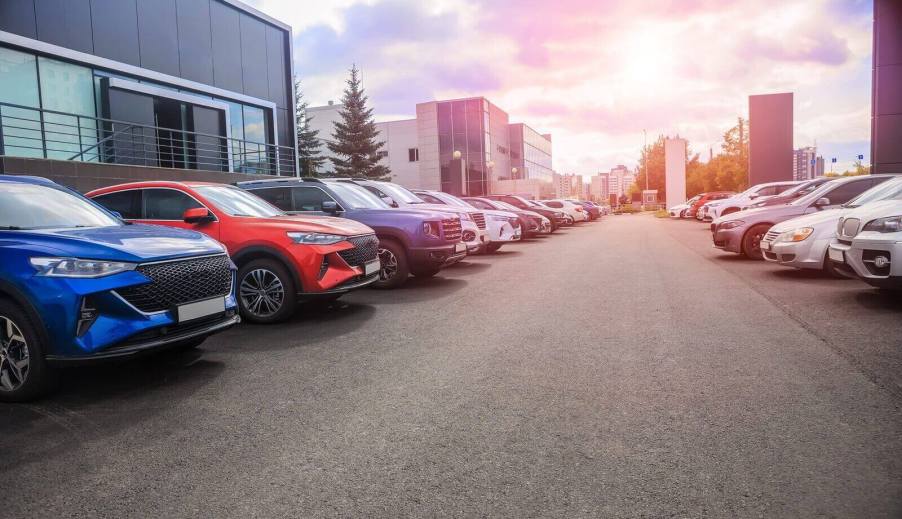
Is a Trade-In Ever Worth It at a Dealership?
So, it’s time to upgrade. Maybe you have a growing family, or your eyes are set on that empty-nest sports car you’ve been putting off for years. Well, you have car buying and selling options. For instance, you could post your car for sale and sell it yourself. That, or you could offer your used car as a trade-in at a dealership. But is that option ever worth it?
A trade-in at a dealership is seldom the right choice, but there are circumstances where it makes sense
Let’s face it, you will more than likely never see the same money from a trade-in that you would get from a private sale. Dealerships aren’t in the business of paying top dollar for used cars that they then flip for a profit.
Tragically, even with a valuable car to offer as a trade-in, dealerships will often significantly undervalue your car. According to SuperMoney, the average loss on a trade-in is around $2,340. However, that figure depends on multiple factors, like age, mileage, trim, and condition.
That said, there are a few benefits to trading in your car rather than selling it yourself.
- It’s a fast, often easy way to offload your old car and move on to the next
- You don’t have to contend with scammers, low-ballers, and time-wasters
- Depending on your state of residence, you could enjoy tax benefits
- The equity in your vehicle can be immediately applied to your new vehicle
Granted, there’s merit to trading in your car. If you don’t have the patience to post your car on Facebook Marketplace, Craigslist, Autotrader, or Cars.com, a private sale probably isn’t for you. Let’s face it, you’re going to get automated responses, scam attempts, and a seemingly endless supply of inquirers seeking to waste your time. It’s not for everyone.
What’s more, depending on your state, you could enjoy a bit of a tax break. If your state has a sales tax, like the majority of U.S. states, you could end up paying the difference between the equity of your trade-in and your new vehicle purchase. For example, if you’re trading in a car worth $31,000 that you own outright and purchasing a car worth $45,000, you could pay taxes on the $14,000 difference rather than the total value of the new car.



